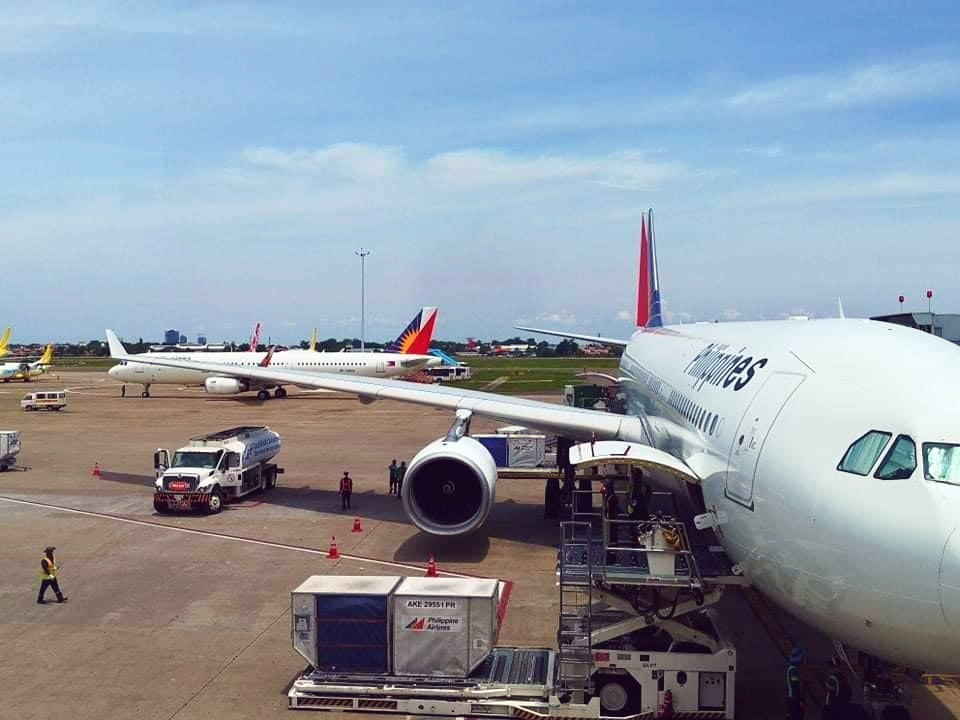As part of its 85th-anniversary celebration, Philippine Airlines (PAL) has announced a major revitalization of PAL Cargo, its freight and logistics division. The initiative aims to enhance support for Filipino businesses and adapt to the demands of a digital-first economy through new services and technological upgrades.
“In today’s digital-first economy, our revitalized business reflects PAL Cargo’s support for digital innovation, broader reach, and tailored logistics solutions that help local entrepreneurs grow and compete,” said Jason Siy, PAL Vice President for Cargo.
A key focus of the transformation is the integration of digital tools to create a more seamless customer experience. PAL Cargo now allows customers to book, pay for, and track their domestic shipments online. A mobile-friendly platform is also in development, with plans to extend these online services to international cargo in the near future.
To further support local businesses, PAL Cargo is strengthening its partnerships with organizations like Airspeed and the Department of Trade and Industry (DTI), with a formal DTI agreement expected soon. These collaborations aim to simplify the shipping process for small and medium-sized enterprises (SMEs) looking to enter domestic and global markets.
In addition to its existing airport-to-airport transport, PAL Cargo is set to launch a Port-to-Door delivery service, offering more comprehensive logistics solutions. The airline also plans to integrate its Mabuhay Miles program, allowing customers to earn loyalty miles from their cargo transactions.
The global demand for air freight continues to show strong growth. According to the International Air Transport Association (IATA), total cargo volumes rose by 5.8% year-on-year in April 2025. Siy noted that this trend presents significant opportunities for local manufacturers and exporters, and PAL Cargo is committed to helping them capitalize on this expanding global market.
To manage its operations effectively, PAL Cargo utilizes a network of strategic hubs across the Philippines. Its primary cargo terminal is located at Ninoy Aquino International Airport (NAIA) in Manila, with major hubs in Clark, Cebu, and Davao serving as key gateways for domestic and international freight.

























Leave a comment